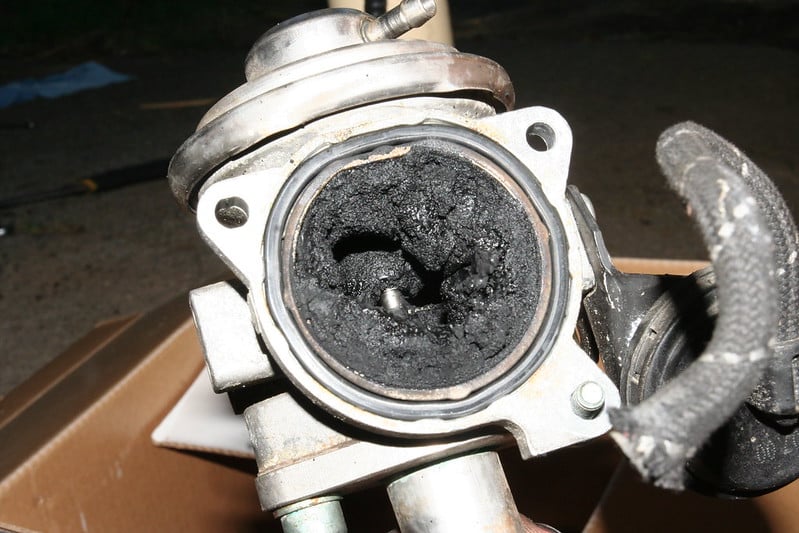You know the myth about driving short trips diesel and want to know what’s behind it? Find out what’s behind it with below blog article.
A short distance trip is defined as a travel distance of less than approximately 20 miles.
In the case of diesel vehicles in particular, however, short journeys can quickly become cost-intensive, as short journeys encourage the diesel particulate filter to clog very quickly.
However, as modern vehicles are equipped with more and more electronics and components to reduce emissions, short trips are harmful to an engine, whether gasoline or diesel, or can greatly shorten the life of the engine.
Potential consequences of driving short trips
- Increased wear of the mechanical parts in the engine
- Fuel consumption is much higher compared to long-distance driving
- The exhaust gas values can deteriorate
- The engine oil wears out much faster
- Starter battery has greater wear
Tips for increasing the life of your diesel vehicle during short trips
There are a few points that should be considered if you usually only drive short distances with your diesel. Even though the points are more important for a diesel vehicle to ensure the long-term function of the diesel particulate filter, the points are also relevant for a gasoline vehicle to minimize engine wear.
- The best and also the simplest tip here is to take a longer trip with the vehicle at certain intervals (e.g. twice a month). Here we recommend driving at least 70-100 miles non-stop at a constant speed.
- The type of fuel used is important to avoid damage to the engine or to prevent deposits in the engine. Especially for short trips, we recommend refueling the tank completely with premium fuel at regular intervals.
- The most important point for regular short trips is that the engine oil should be changed at shorter intervals. This is because condensation collects in the engine oil during short journeys, whereupon the lubricating effect of the engine oil reduces after a certain time.
Are short trips bad for cars?
Here, the answer is clearly yes. As already mentioned above, the wear of the engine is much higher if the vehicle is only used for short distances.
In the following section, we will briefly explain the impact of short trips on the individual technical systems in the car.
EGR system:
Frequent short trips cause the EGR valve to become clogged with deposits even faster than it already does when the vehicle is operated normally.
If the EGR valve is heavily contaminated, it can no longer work properly, which leads to an error in the fault memory and the engine control light lighting up.
In addition, of course, the entire EGR system also becomes clogged with deposits. Above all, the EGR cooler is also severely affected.

Diesel particulate filter (diesel vehicles):
If the vehicle is only used for short distances every day, the diesel particulate filter very quickly becomes loaded full of soot particles. Since the engine does not warm up enough for regeneration to take place, no regeneration of the diesel particulate filter is carried out for a longer time. This can cause the DPF to become clogged, which causes that regeneration can no longer clean the DPF. Then only the replacement of the diesel particulate filter or professional cleaning will help.
Increased load on the battery/power supply
Every time the engine is started, the so-called starter battery is exposed to high loads. However, if the vehicle is now only used for short trips, the generator no longer manages to recharge the battery to a certain state of charge. The result is a much higher load on the battery and also a much shorter lifetime.

